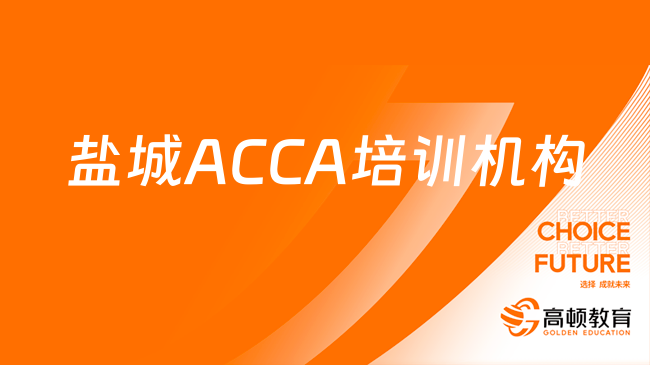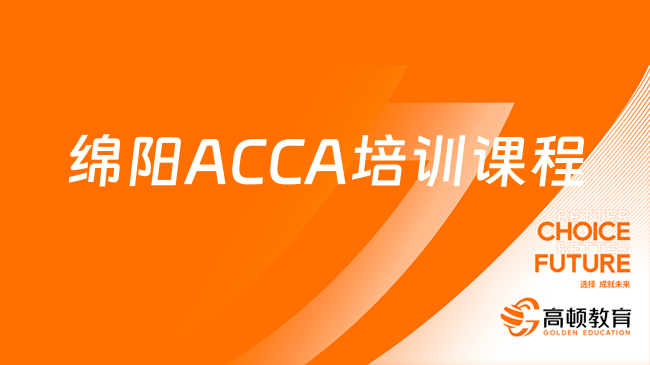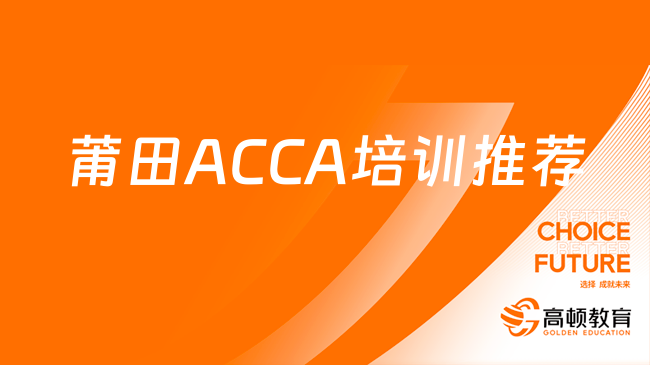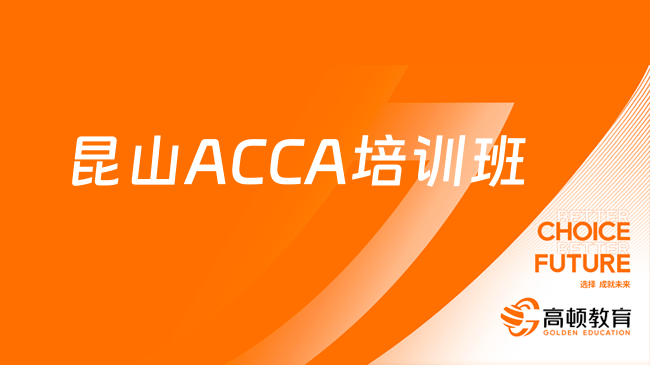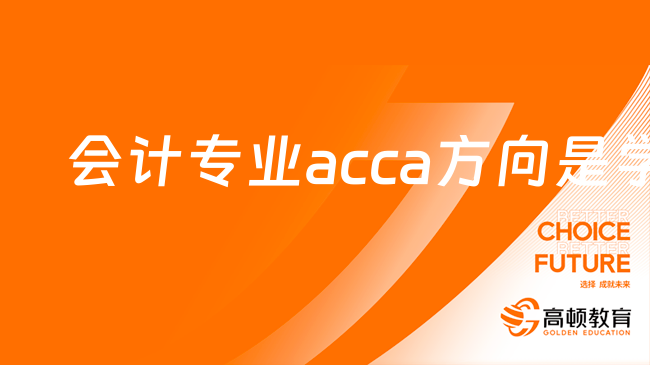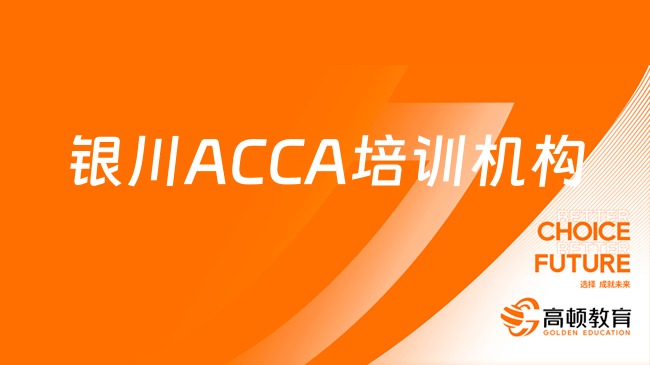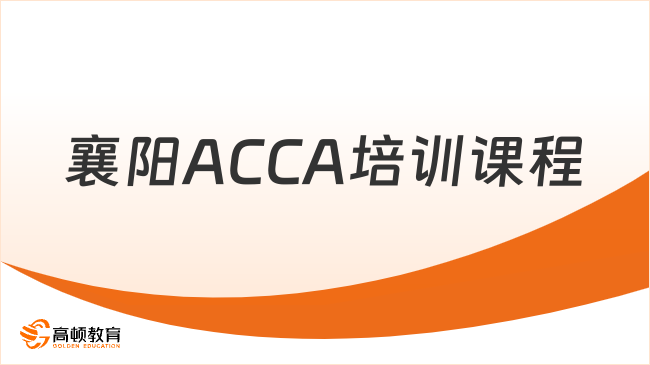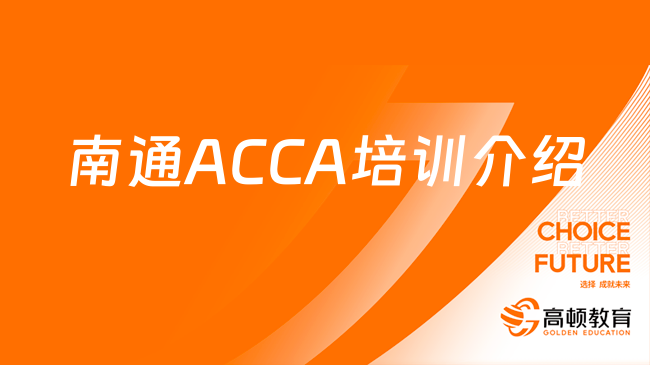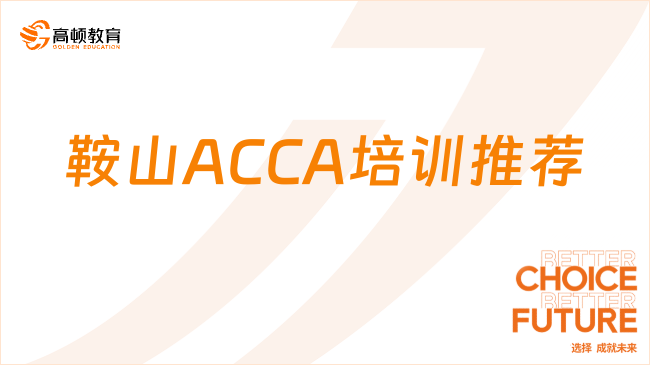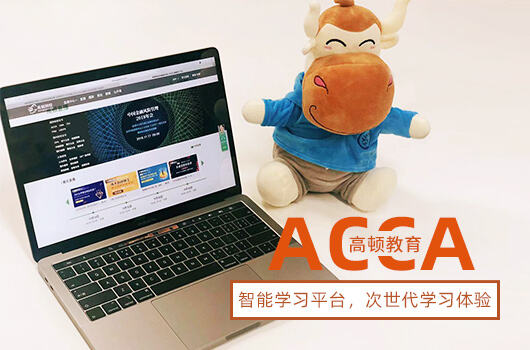ACCA国际会计准则中三类9号金融工具
来源:
高顿网校
2014-06-24
为了让大家更好更快地进入到复习的a1状态,高顿网校小编整理了ACCA国际会计准则中三类9号金融工具可供大家参考:
Accounting for financial assets that are debt instruments、Accounting for financial assets that are equity instruments (eg investments in equity shares)、Reclassification of financial assets.
Accounting for financial assets that are debt instruments
A financial asset that is a debt instrument will be subsequently accounted for using amortized cost if it meets two simple tests. These two tests are the business model test and the cash flow test.
The business model test is met where the purpose is to hold the asset to collect the contractual cash flows (rather than to sell it prior to maturity to realize its fair value changes). The cash flow test will be met when the contractual terms of the asset give rise on specified dates to cash flows that are solely receipts of either the principal or interest. These tests are designed to ensure that the fair value of the asset is irrelevant, as even if interest rates fall – causing the fair value to raise – then the asset will still be passively held to receive interest and capital and not be sold on.
However, even if the asset meets the two tests there is still a fair value option to designate it as FVTPL if doing so eliminates or significantly reduces a measurement or recognition inconsistency (an 'accounting mismatch') that would otherwise arise from measuring assets or liabilities or recognizing the gains and losses on them on different bases. An example of where it is appropriate to use the fair value option and, thus, avoid an accounting mismatch is where an entity holds a financial asset that is debt and that carries a fixed rate of interest, but is then hedged with an interest rate swap that swaps the fixed rates for floating rates. The interest swap is a financial instrument that would be held at FVTPL and so, accordingly, the financial asset classified as debt also needs to be at FVTPL to ensure that the gains and losses arising from both instruments are naturally paired in income and, thus, reflect the substance of the hedge. If the financial asset classified as debt was accounted for at amortized cost, then this would create the accounting mismatch. All other financial assets that are debt instruments must be measured at FVTPL.
Accounting for financial assets that are equity instruments (eg investments in equity shares)
Equity investments have to be measured at fair value in the statement of financial position. As with financial assets that are debt instruments, the default position for equity investments is that the gains and losses arising are recognized in income (FVTPL). However, there is an election that equity investments can at inception be irrevocably classified and accounted as FVTOCI, so that gains and losses arising are recognized in other comprehensive income, thus creating an equity reserve, while dividend income is still recognized in income. Such an election cannot be made if the equity investment is acquired for trading. On disposal of an equity investment accounted for as FVTOCI, the gain or loss to be recognized in income is the difference between the sale proceeds and the carrying value. Gains or losses previously recognized in other comprehensive income cannot be recycled to income as part of the gain on disposal.
Reclassification of financial assets
As we have seen once an equity investment has been classified as FVTOCI this is irrevocable so it cannot then be reclassified. Nor can a financial asset be reclassified where the fair value option has been exercised. However if, and only if the entity's business model objective for its financial assets changes so its previous model assessment would no longer apply then other financial assets can be reclassified between FVTPL and amortized cost, or vice versa. Any reclassification is done prospectively from the reclassification date without restating any previously recognized gains, losses, or interest.
最后,高顿网校小编预祝考生们顺利通过考试!
版权声明:本条内容自发布之日起,有效期为一个月。凡本网站注明“来源高顿教育”或“来源高顿网校”或“来源高顿”的所有作品,均为本网站合法拥有版权的作品,未经本网站授权,任何媒体、网站、个人不得转载、链接、转帖或以其他方式使用。
经本网站合法授权的,应在授权范围内使用,且使用时必须注明“来源高顿教育”或“来源高顿网校”或“来源高顿”,并不得对作品中出现的“高顿”字样进行删减、替换等。违反上述声明者,本网站将依法追究其法律责任。
本网站的部分资料转载自互联网,均尽力标明作者和出处。本网站转载的目的在于传递更多信息,并不意味着赞同其观点或证实其描述,本网站不对其真实性负责。
如您认为本网站刊载作品涉及版权等问题,请与本网站联系(邮箱fawu@gaodun.com,电话:021-31587497),本网站核实确认后会尽快予以处理。
点一下领资料
【整理版】ACCA各科目历年真题
真题高频考点,刷题全靠这份资料
下载合集
acca全科学习思维导图
梳理核心考点,一图看懂全部章节
下载合集
2023年acca考纲解析
覆盖科目重难点,备考按照计划走
下载合集
acca备考 热门问题解答
- acca考试怎么搭配科目?
-
建议优先选择相关联的科目进行搭配报考,这样可以提高备考效率,减轻备考压力,1、F1-F4:为随时机考科目,难度较低,这里可以自行随意选择考试顺序。2、F5-F9:如果你的工作的和财务会计或者审计有关、或者你比较擅长财务和审计的话,推荐先考F7和F8。你可以选择一起考ACCA考试科目F7和F8或者先考F7(8)再考F8(7),这就要取决你一次想考几门。3、P阶段:选修科目中,建议企业首选AFM!第二部分科目进行选择,如果AA和SBR掌握学生更好,可以通过选择AAA,如果SBL掌握的好,可以自己选择APM。
- acca一共几门几年考完?
-
acca一共有15门考试科目,其中有必修科目和选修科目,考生需要考完13门科目才能拿下证书。
- acca一年考几次?
-
acca一年有4次考试,分别是3月、6月、9月和12月,分季机考科目是采取的这类四个考季的模式,而随时机考则是没有这方面的时间规定限制,可以随报随考。
- acca的含金量如何?
-
ACCA证书的含金量是比较高的,从就业、能力提升、全球认可等角度来说,都是比较有优势的证书,其含金量主要表现在以下几个方面:1、国际化,认可度高;2、岗位多,就业前景好;3、缺口大,人才激励。
严选名师 全流程服务
其他人还搜了
热门推荐
-
盐城ACCA培训机构,高顿ACCA要不要报? 2023-07-04
-
绵阳ACCA培训课程,高顿ACCA值得报吗? 2023-07-04
-
莆田ACCA培训推荐,高顿ACCA要不要报? 2023-07-03
-
昆山ACCA培训班,高顿ACCA培训介绍? 2023-07-03
-
会计专业有哪些证书大学可以考?证书报考条件及获取指南一览! 2023-07-03
-
会计专业acca方向是学什么的? 2023-07-03
-
银川ACCA培训机构,高顿ACCA有哪些优势? 2023-07-03
-
襄阳ACCA培训课程,高顿ACCA值得报吗? 2023-07-03
-
南通ACCA培训介绍,高顿ACCA课程如何? 2023-07-03
-
鞍山ACCA培训推荐,高顿ACCA推荐吗? 2023-07-03
-
西宁ACCA培训推荐,高顿ACCA有哪些优势? 2023-06-26
-
江门ACCA培训机构,高顿ACCA好不好? 2023-06-26
-
赣州ACCA培训课程,高顿ACCA推荐吗? 2023-06-26
-
廊坊ACCA培训班,高顿ACCA值得报名吗? 2023-06-25
-
大同ACCA培训介绍,高顿ACCA课程如何? 2023-06-25
-
大同ACCA培训介绍,高顿ACCA课程如何? 2023-06-25
-
保定ACCA培训推荐,高顿ACCA培训介绍? 2023-06-25
-
珠海ACCA培训推荐,高顿ACCA要不要报? 2023-06-25
-
邯郸ACCA培训介绍,高顿ACCA怎么样? 2023-06-25
-
包头ACCA培训课程,高顿ACCA课程如何? 2023-06-25
-
烟台ACCA培训推荐,高顿ACCA课程怎么样? 2023-06-25
-
洛阳ACCA培训班,高顿ACCA值得报名吗? 2023-06-25
-
徐州ACCA培训推荐,高顿ACCA怎么样? 2023-06-21
-
唐山ACCA培训介绍,高顿ACCA要不要报? 2023-06-21
-
绍兴ACCA培训课程,高顿ACCA推荐吗? 2023-06-21
-
柳州ACCA培训班,高顿ACCA好不好? 2023-06-21
-
呼和浩特ACCA培训机构,高顿ACCA培训介绍? 2023-06-21
-
海口ACCA培训推荐,高顿ACCA怎么样? 2023-06-21
-
温州ACCA培训课程,高顿ACCA怎么样? 2023-06-21
-
淄博ACCA培训机构,高顿ACCA好不好? 2023-06-21
 更多服务
更多服务






